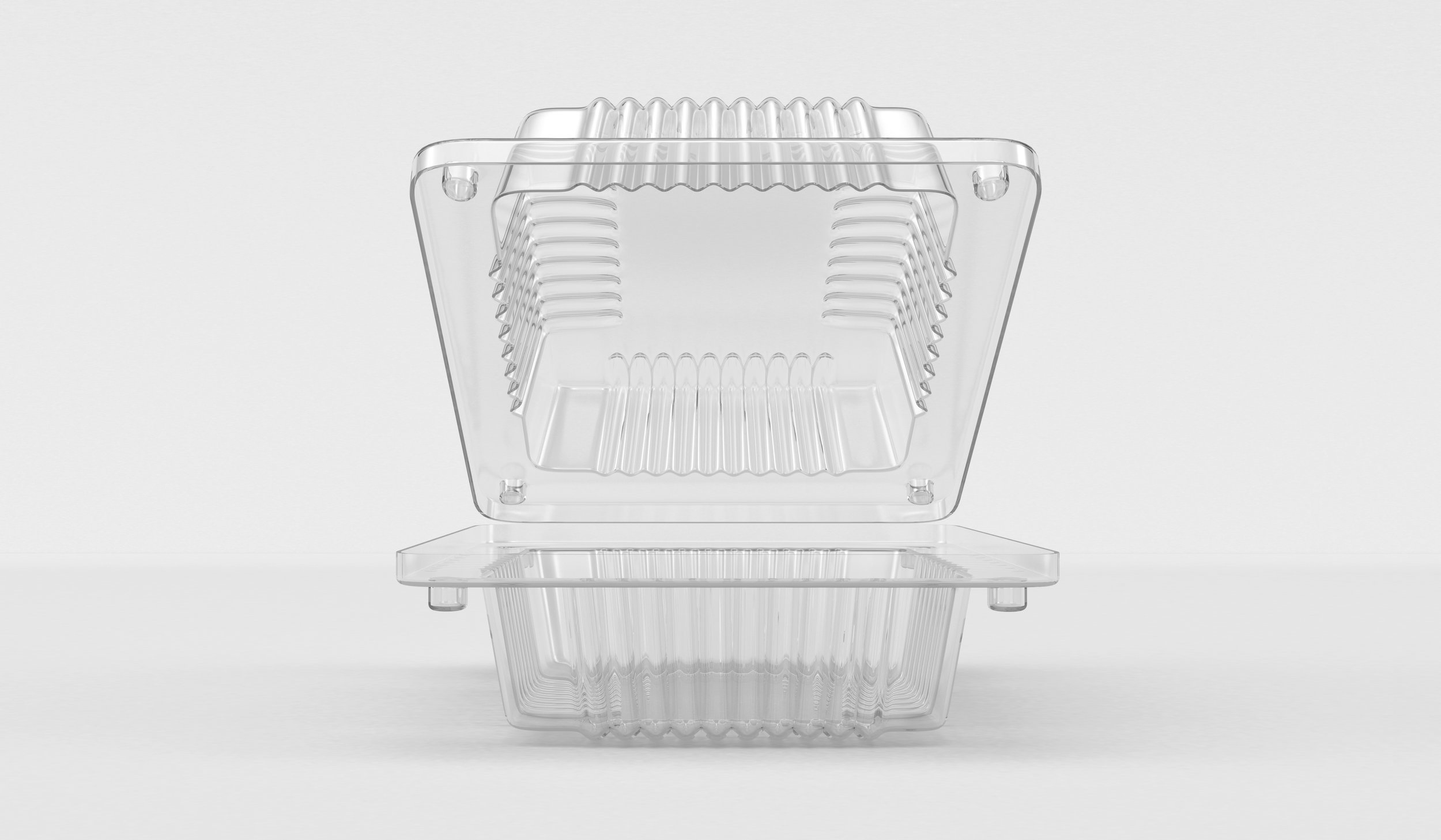Resources
Recording of the August 2025 FPI webinar featuring community and MRF representatives that have added takeout containers to their recycling programs. Plus free resources to expand recycling in your communities!
Resources to help engage with the FSP recovery value chain: communities, MRFs, and end markets.
Recording of the January 2025 FPI webinar featuring industry, community, and composter representatives who are including compostable packaging in residential composting programs.
Recording of the October 2024 FPI webinar featuring industry, MRF, and material processor representatives who are recycling plastic-based cup and container takeout packaging.
This study examines the diversity of existing residential curbside collection programs for food scraps and compostable packaging. FPI analyzed eight exemplary programs to gain a deeper understanding of their key features, identify the main challenges they face, and highlight their successful strategies.
Recording of the July 2024 FPI webinar featuring MRF, paper mill, and community representatives who are recycling pizza boxes, paper cups, and other paper-based takeout packaging.
In December 2023, FPI held a webinar that shared information on the effect of images, language and special instructions related to recycling take-out containers. We also learned about best practices and tools, and heard real-world examples of resident education from communities and haulers.
FPI released a summary of findings from its Resident Messaging Survey, sharing information related to resident assumptions on recyclability, awareness of what items can be recycled, and top sources of recycling instructions. The survey focused on recycling messaging related to take-out items such as plastic cups and containers, paper cups and pizza boxes.
Webinar shared several FPI-supported studies including recovery of PET thermoforms, PP cups, paper cups, and the impact of food residue on take-out packaging recycling.
A food residue study was conducted in November 2022 to learn whether foodservice packaging (such as take-out containers, cups or pizza boxes) set out for recycling were more contaminated than food contact packaging (such as peanut butter jars, cans or pasta boxes). This study served as a follow-up to two previous food residue studies.
This webinar recording focused on the FPI community partnership program that works to add a suite of foodservice packaging to curbside recycling and/or composting programs in vetted communities. The panelists walked through the partnership approach, shared resources available to communities, and provided real-world collaboration stories from actual community partners.
Check out the successes that FPI’s Community Partners have had when adding foodservice packaging to their city and county recycling programs.
Some communities have expressed concern about adding foodservice packaging to a recycling program because of food residue. But, two recent studies have shown that foodservice packaging is no more contaminated with food than other commonly recycled food-contact items like bottles, jars or cans. View the webinar on this topic for more information.
What is the best way to communicate to residents? A residential messaging survey was conducted to gauge the effect of images, language and special instructions in communicating with the greatest clarity about recycling foodservice packaging.
Some communities have expressed concern about adding foodservice packaging to a recycling program because of food residue. But, two recent studies have shown that foodservice packaging is no more contaminated with food than other commonly recycled food-contact items like bottles, jars or cans.
Learn best practices for your recycling outreach materials from representatives of the Foodservice Packaging Institute, The Recycling Partnership, and Keep America Beautiful in our webinar.
Markets for postconsumer polypropylene are on the rise. Read more about polypropylene recovery and end market demand for this resin.
A new white paper, authored by Moore & Associates, delves into the evolving landscape of paper cup recovery efforts in the U.S. and Canada including recycling challenges, technical aspects of material sorting and processing, and end markets utilizing recovered cups.
FPI is committed to making resident outreach on recycling and composting of foodservice packaging (FSP) simple and effective. We have resources to help you, whether you’re looking to add to your current educational material or you’re starting from scratch.
For the latest resources and studies to assist your community in reaching recycling and composting goals view our webinar.




















